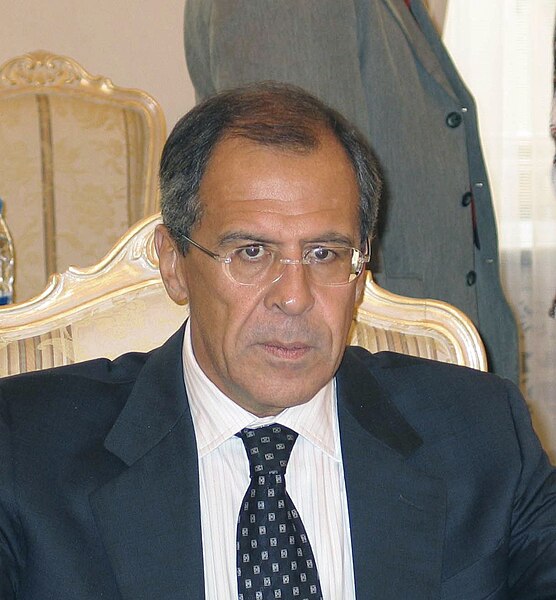Re: Consequences Of Attacking Iran And Why Tehran Is Not Worried

Armenia’s Minister of Energy and Natural Resources Armen Movsisyan has said that by the end of 2009, the Russian gas giant Gazprom will invest more than 200m US dollars in the construction of the Iran-Armenia gas pipeline, the Armenian news agency Arminfo reported. After the completion of construction work, Armenia will have access to another alternative gas pipeline along with the current one from Russia and based on the prices that are offered, will decide which of them it should use. Currently, Armenia pays Russian Gazprom 110 US dollars per 1,000 cu.m. of gas, however, the price will change from 1 January 2009, the agency quoted Movsisyan as saying. During his press conference, Armen Movsisyan also touched on the construction of an oil refinery outside Yerevan which will cost two or three billion US dollars. The plant, which will be able to process 7.5m tons of Iranian crude oil per year, will produce petrol and diesel, the agency said. Speaking about energy projects with Iran, the minister mentioned that a joint hydroelectric power station will be constructed on the border river Araz. The construction of the station with a capacity of about 140 MW will be financed by Iran and will cost 240-250m US dollars. The construction work may commence in 2008, the minister said. The minister went on to say that the USA and the EU have allocated 10-12m US dollars to update the security of the Armenian nuclear power plant, Arminfo said. Up to now, technical assistance worth 90m US dollars has been allocated to update the security of the plant, the agency quoted the minister as saying. Armen Movsisyan added that it is planned to build a new nuclear block in Armenia in 2016 when the existing energy block of the nuclear plant expires. Even though Armenian legislation allows foreign investors to own 100 per cent of stocks, the government intends to control half of the project stocks, the minister said. “If the government does not take part in the project, then this project has no real significance for us,” Arminfo quoted Movsisyan as saying. However, the operation of the current nuclear block will not be suspended until the new one is built, the minister said. He noted that the technical feasibility of the new plant will be completed by September, the agency said.
Source: http://www.tehrantimes.com/index_View.asp?code=170176
Russian Gazprom to invest 200m dollars in Iran-Armenia gas pipeline

Armenia’s Minister of Energy and Natural Resources Armen Movsisyan has said that by the end of 2009, the Russian gas giant Gazprom will invest more than 200m US dollars in the construction of the Iran-Armenia gas pipeline, the Armenian news agency Arminfo reported. After the completion of construction work, Armenia will have access to another alternative gas pipeline along with the current one from Russia and based on the prices that are offered, will decide which of them it should use. Currently, Armenia pays Russian Gazprom 110 US dollars per 1,000 cu.m. of gas, however, the price will change from 1 January 2009, the agency quoted Movsisyan as saying. During his press conference, Armen Movsisyan also touched on the construction of an oil refinery outside Yerevan which will cost two or three billion US dollars. The plant, which will be able to process 7.5m tons of Iranian crude oil per year, will produce petrol and diesel, the agency said. Speaking about energy projects with Iran, the minister mentioned that a joint hydroelectric power station will be constructed on the border river Araz. The construction of the station with a capacity of about 140 MW will be financed by Iran and will cost 240-250m US dollars. The construction work may commence in 2008, the minister said. The minister went on to say that the USA and the EU have allocated 10-12m US dollars to update the security of the Armenian nuclear power plant, Arminfo said. Up to now, technical assistance worth 90m US dollars has been allocated to update the security of the plant, the agency quoted the minister as saying. Armen Movsisyan added that it is planned to build a new nuclear block in Armenia in 2016 when the existing energy block of the nuclear plant expires. Even though Armenian legislation allows foreign investors to own 100 per cent of stocks, the government intends to control half of the project stocks, the minister said. “If the government does not take part in the project, then this project has no real significance for us,” Arminfo quoted Movsisyan as saying. However, the operation of the current nuclear block will not be suspended until the new one is built, the minister said. He noted that the technical feasibility of the new plant will be completed by September, the agency said.
Source: http://www.tehrantimes.com/index_View.asp?code=170176









Comment